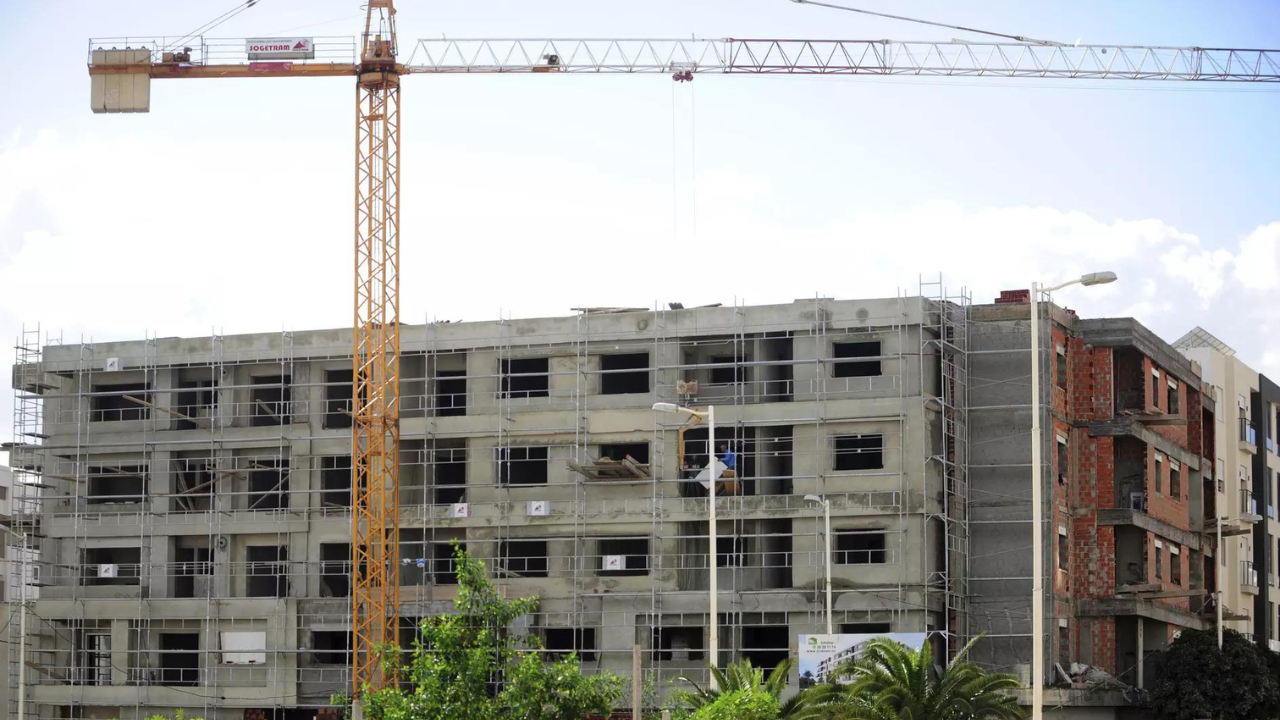Explained: Why US University Students Are Protesting
These protests are part of a broader wave of student activism in response to the Israel-Hamas conflict, which erupted on October 7, 2023.

It has been 200 days since Israel launched its brutal war in Gaza, retaliating against the October 7 attack carried out by Hamas.
As the calls for the ceasefire grow in different parts of the world, university and college students in the US have also launched protests demanding an end to Israel's military campaign that has killed over 34,000 people.
Why US University Students Are Protesting
Students across the US universities and colleges have been holding sit-ins to register their protest against not just the war in Gaza but also the US's continuous support of Israel.
Besides calling for a permanent ceasefire in Gaza, students have demanded an end to US military assistance for Israel, and university divestment -- withdrawal of stocks, bonds, or investment funds from arms suppliers and companies benefitting from the war.
Their demands also include reprieve for students and faculty members disciplined or fired for protesting.
Are Protests Anti-Semitism?
While the pro-Palestine protests have taken centre stage, several Jewish student groups have labelled these demonstrations as "anti-semitism".
They claim that the pro-Palestine protests are against Israel and Zionism, which calls for a separate Jewish state on the Palestinian lands.
However, these claims have been dismissed by pro-Palestine protesters, who said there was a clear distinction between anti-Zionist/anti-Israel views and antisemitism. They say being anti-Israel or anti-zionism -- calling for a Jewish-exclusive state -- was not the same as anti-semitism, which means the hatred for and of all Jews.
How Protests Have Affected Campus Life
At Columbia University, the protests have contributed to high tensions on campus, with some students fearful about attending classes.
The varsity has announced that they will switch to hybrid learning for the remainder of the semester.
California State Polytechnic University's campus will remain closed until Wednesday due to protesters occupying a building on campus.
"The University is concerned about the safety of the students who remain in the building, and has been asking the students to remain open to dialogue around a peaceful resolution," the varsity said.
Classes are cancelled, leading to the evacuation of students, faculty, and employees from five ongoing courses.
They have shut down the building after protesters disrupted classes, and university operations, and vandalised university property. They have incorporated remote work and In-person classes and activities are shifting to remote formats wherever possible, with instructors providing course updates online.
An encampment of at least 20 tents encircled by metal fencing, was established in front of a campus chapel at the Massachusetts Institute of Technology on Tuesday. They are protesting for the university to cut its research ties with the Israeli military, reported CNN.
At the University of California, Berkeley, protestors have set up a "free Palestine encampment" in Sproul Plaza, a central area on campus. Spokesman Dan Mogulof told CNN, "We are getting reports from Jewish students who feel uncomfortable." There have been no reports of arrests as of yet.
An encampment of approximately 20 tents was set up at the University of Michigan on Monday. In response, the school has increased security measures on campus. Colleen Mastony, the university's assistant vice president for public affairs, stated, "We are carefully monitoring the situation and remain prepared to appropriately address any harassment or threats against any member of our community,” as per NBC News.
Students gathered at the University of Southern California campus on Sunday to rally behind Asna Tabassum, the 2024 class valedictorian. Earlier this month, university officials banned Ms Tabassum from speaking at the upcoming graduation ceremony, due to safety concerns because of her pro-Palestinian social media posts.
Pro-Palestinian protestors at Emerson College in Boston are advocating for the college to endorse "Palestinian liberation" and have set up encampments in an alley off Boylston Street as part of their protest. Emerson College President Jay Bernhardt clarified that the area was not exclusively owned by the college and falls under the jurisdiction of the Boston Police.
How Authorities Have Responded
Nine University of Minnesota students were arrested on Tuesday morning, just hours after they initiated an encampment on the campus.
Meanwhile, Columbia University authorities have set a deadline for midnight to strike a deal with pro-Palestinian protesters to “dismantle the encampment, disperse, and follow university policies going forward,” President Minouche Shafik revealed, reported NBC.
At New York University, protests turned chaotic on Monday night, when officers were pelted with bottles after the authorities called for their help to disperse the growing crowd, according to the New York Police Department. About 150 people, including NYU students and faculty, were arrested.
Yale University saw a rise in Pro-Palestinian protests on Tuesday, following the arrest of at least 45 protesters. They had set up an encampment at Beinecke Plaza on campus since Friday night, with the arrests made on Monday morning on trespassing charges.
According to the Harvard Crimson, the Harvard Undergraduate Palestine Solidarity Committee faces suspension and potential expulsion if it does not stop all organisational activities for the remainder of the 2024 semester. Harvard University has also restricted access to Harvard Yard until Friday, aiming to prevent any pro-Palestinian protestors or encampments.
This is “out of an abundance of caution and with the safety of our community as a priority,” read an email sent out to students and faculty in the affected area.
These protests are part of a broader wave of student activism in response to Israel's continued assault on Gaza after the October 7 attack on a music festival in the country's southern region. Over 1,200 Israelis lost their lives in the Hamas attack, while over 34,000 Palestinians have been killed, and all schools and hospitals in Gaza have been reduced to rubble in the retaliatory strikes.



































![Safari Thorium Neo 8-Wheel Luggage Set Trolley Bags (Set of 3) at just Rs. 5,599 [MRP 29,100]](https://savefree.in/uploads/images/202409/image_870x580_66f63845060f0.webp?#)












![Handmade Brown Mango Wood Chopping Board At just Rs. 89 [MRP 599]](http://savefree.in/uploads/images/202303/image_870x580_641bf7e9c2206.jpg?#)


